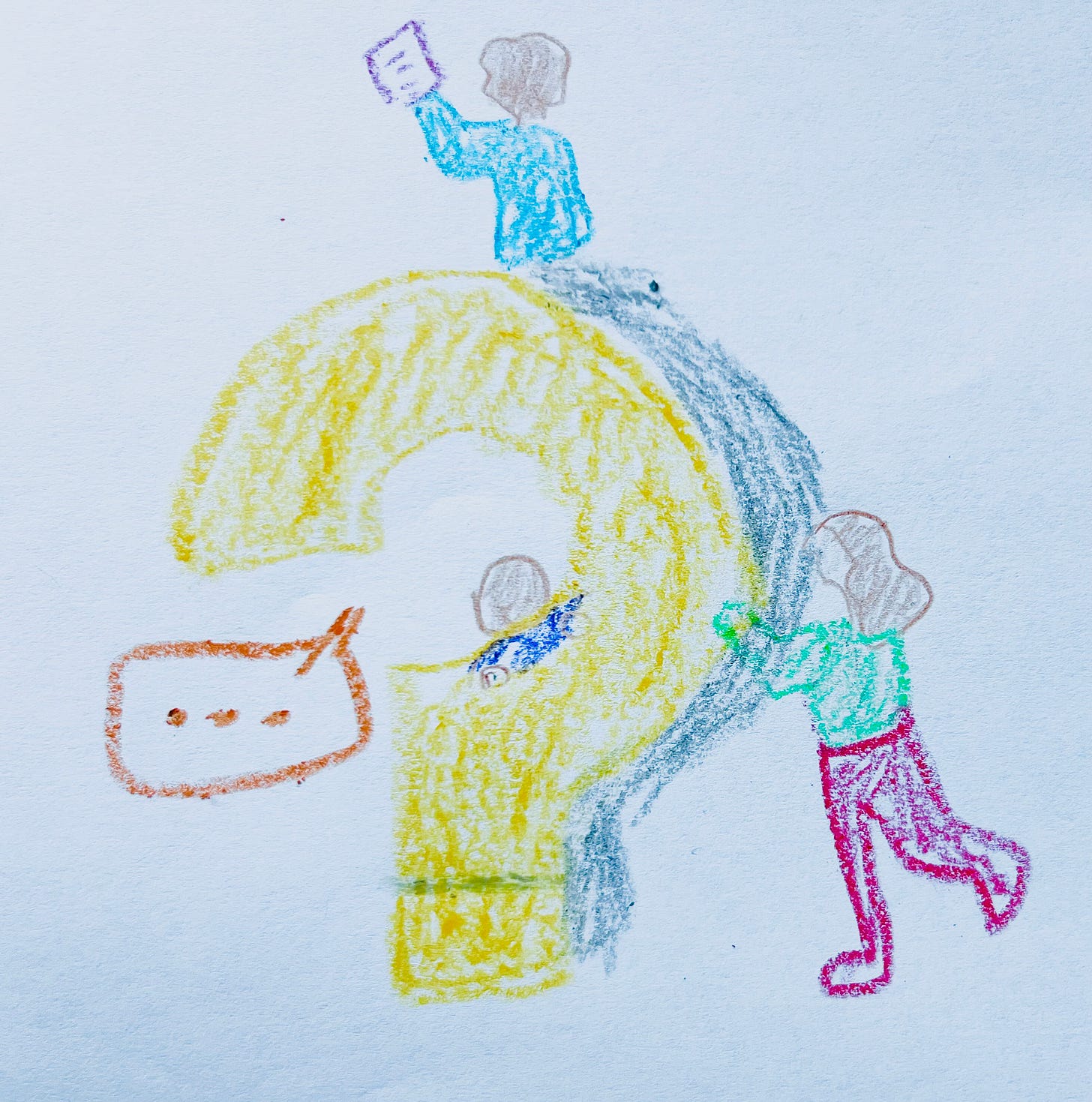Synthesizing Learnings
How to Create Knowledge from Research
One of my favorite questions to ask myself after an interview is “did I learn something from this person?”. Most good hires, in my experience, are able to bring learning rituals to the table and up-level you and your team’s knowledge practices. This was my experience with a recent PM interview my team did. The candidate had a simple but effective template for synthesizing learnings from user research / customer interviews.
Many product teams do research, but don’t take the critical steps of synthesizing and disseminating learnings. They either fail to convert information into knowledge, or that knowledge stays trapped within the pod and doesn’t help educate the broader product / engineering / design org.
And that’s why this template really resonated with me - it was a low-effort / high-leverage way to summarize research, synthesize learning, and prep action.
I created an example snapshot for a product team that’s building a new note-taking app.
As you can see, this approach offers several benefits:
you capture key quotes (vs people having to listen to / watch entire calls)
you blend qualitative (quotes) and quantitative (data) insights
you up-level what you’re seeing / hearing into learnings, which is the altitude a product team should operate and debate at (i.e. agree or disagree on whether you’re learning what you think you’re learning vs arguing about numbers)
you wrap with an actionable next step - the biggest gift a product team can give their users is thoughtfully acting on their feedback
As always, I’d also love to hear from readers on their templates for synthesizing learnings - please chime in via comments👇 or join the chat via the Substack app.
And if you enjoyed this post, please consider subscribing.
further reading / references
I once heard a product talk where the speaker broken down the difference between summary (base level) and synthesis (next level) - it’s always stuck with me that those are 2 different learning levels - you can read more about it here
Opportunity Solution Trees by Teresa Torres are another way to visualize thinking and chart a path to a desired product outcome
childish drawing / interpretation






Interestingly when I read the first line, I thought you were using the candidate frame of reference :)
“One of my favorite questions to ask myself after an interview is “did I learn something from this person?”
Feels like the same rules apply either direction!